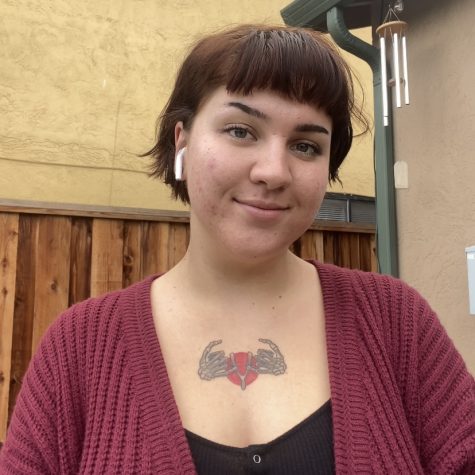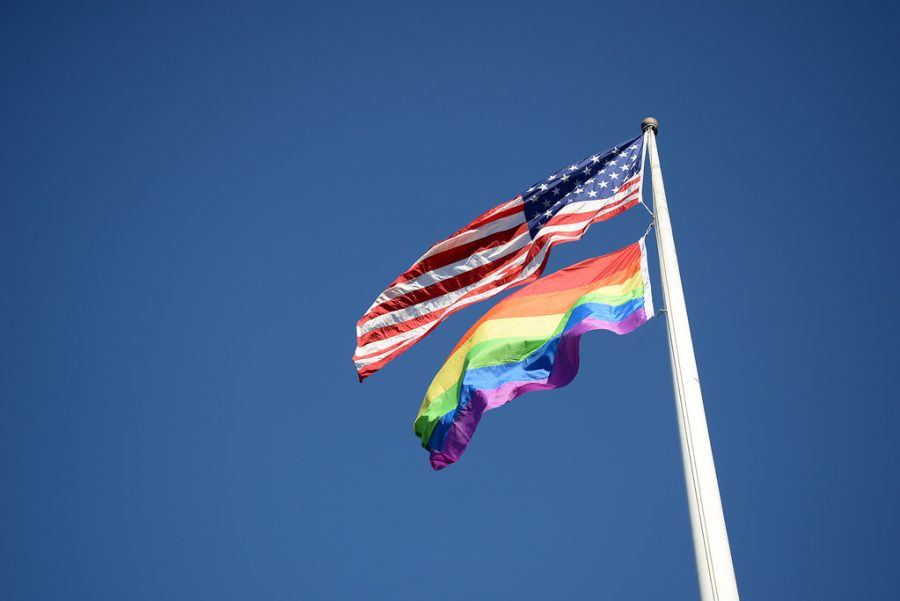De Anza College LGBTQ+ students feel underrepresented, vouch for more mental health services
LGBTQ+ students at De Anza College said they wanted more psychological services in a survey presented to the Academic Senate on March 1.
The presentation reported that 88% of surveyed students thought De Anza should expand its mental health services.
Will Schweitzer, a member of LGBTQ+ community who uses them/they pronouns, said they agreed with the survey results.
“Even prior to the pandemic, mental health services at De Anza were lacking,” said Schweitzer, a 24-year-old undeclared major. “Maybe there were more resources than what I knew about, but if that’s the case, services need to be more accessible and advertised.”
A search for “mental health” on De Anza’s website leads you to the psychological services page.
The page advertises one-on-one counseling, Zoom support groups and resources directed at specific communities, like Asian Americans and the LGBTQ+ community.
“As a member of the LGBTQ+ community, these resources have never been made clear to me,” said Nicole Thorstensen, a 21-year-old philosophy major. “Maybe it’s my fault for not seeking them out, but I think they should be more accessible.”
Mark Hughes, a 20-year-old mechanical engineering major who attends both De Anza and San Jose State University, said that SJSU’s resources were better.
“SJSU’s resources for people in the LGBTQ+ community like me are far more accessible,” Hughes said. “Though that is probably due to the difference in population numbers between De Anza and SJSU,”
California Community Colleges receive less funding per student than the California State University or University of California systems.
“Funding has some part in what resources a school (can) offer, but I still feel like De Anza could do better at advertising the resources that are already available,” Hughes said. “This goes for general mental health resources, but also for LGBTQ+ support as well.”
LGBTQ+ students also reported a lack of representation.
The presentation found that 73% of surveyed students felt that they were rarely or never represented in their courses’ curriculums. The majority, 55%, also said they felt they were not reflected on the college website.
“I’ve never felt represented in the curriculum,” Thorstensen said. “I have friends who use different pronouns and their professors definitely respect them, but that’s about as far as it goes.”
Schweitzer also said that professors generally accommodate their pronouns.
“Professors are usually fine with identifying me using my preferred pronouns,” they said. “Canvas and Zoom now have the option to add your pronouns to your profiles, which is nice.”
But many students want to see more support.
“We’re not asking to be ‘special,’” Thorstensen said. “We’re just asking to be given the resources to succeed and be respected on the same level as everyone else.”

My goal at La Voz is to gain experience in my career choice of journalism.



